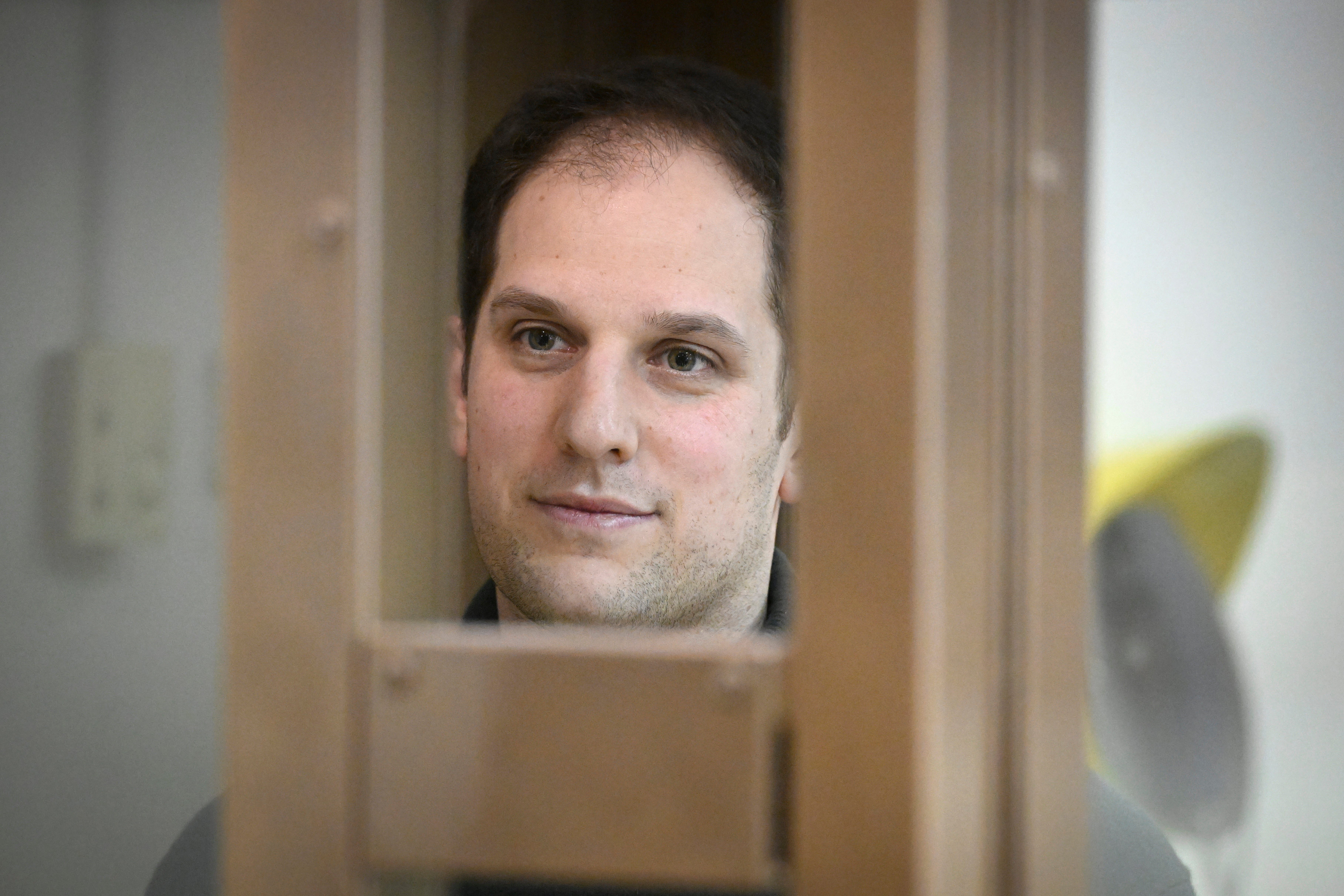Russian official says US is hampering a prisoner exchange with unequal demands
A Russian deputy foreign minister said talks with the United States on a potential prisoner exchange that would free Americans held in Russia are hampered by publicity and an alleged disparity in the U.S. negotiating stance

Your support helps us to tell the story
From reproductive rights to climate change to Big Tech, The Independent is on the ground when the story is developing. Whether it's investigating the financials of Elon Musk's pro-Trump PAC or producing our latest documentary, 'The A Word', which shines a light on the American women fighting for reproductive rights, we know how important it is to parse out the facts from the messaging.
At such a critical moment in US history, we need reporters on the ground. Your donation allows us to keep sending journalists to speak to both sides of the story.
The Independent is trusted by Americans across the entire political spectrum. And unlike many other quality news outlets, we choose not to lock Americans out of our reporting and analysis with paywalls. We believe quality journalism should be available to everyone, paid for by those who can afford it.
Your support makes all the difference.A Russian deputy foreign minister said that talks with the United States on a potential prisoner exchange that would free Americans held in Russia are hampered by publicity and an alleged disparity in the U.S. negotiating stance.
The U.S. State Department said last week that Russia rejected several proposals for freeing Paul Whelan, an American convicted of espionage, and Wall Street Journal reporter Evan Gershkovich, who was detained in March and is facing espionage charges.
“Here, as in many other areas, we observe the American traditional desire to get more for ourselves and give the minimum, as they say," Russian Deputy Foreign Minister Sergei Ryabkov said in an interview with the Interfax news agency that was published Friday.
The United States has declared both Whelan and Gershkovich to be wrongly detained, and their cases have attracted substantial media attention.
“The American media, in general, at the instigation of the current administration, are actually engaged in savoring these stories,” Ryabkov alleged. “This is a very difficult process, even when it is conducted confidentially behind closed doors.”
“It is interesting that the participants in these contacts on the American side insist on their complete confidentiality. We also adhere to this line, but then certain turns occur when the White House regularly makes leaks and begins to discuss sensitive issues in the public space,” he said.
Russian President Vladimir Putin said last week that Moscow was discussing Whelan and Gershkovich with the U.S. and the Kremlin hoped to “find a solution."
Whelan, a corporate security executive from Michigan, has been jailed in Russia since his December 2018 arrest on espionage-related charges that both he and the U.S. government dispute. He was sentenced to 16 years in prison.
Gershkovich was detained in March while on a reporting trip to the Russian city of Yekaterinburg, about 2,000 kilometers (1,200 miles) east of Moscow. He was accused of espionage.